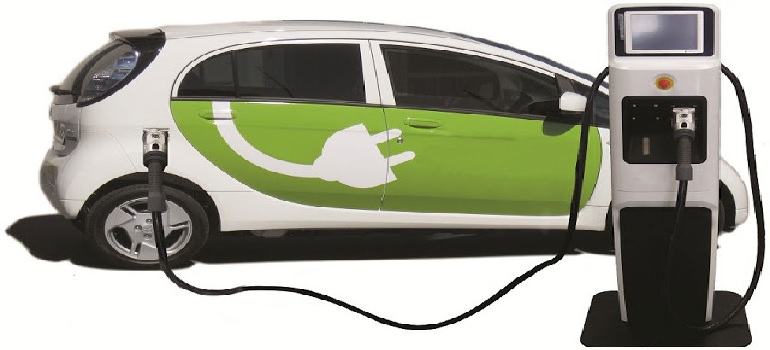 China’s BYD Co, backed by Warren Buffett’s Berkshire Hathaway, warned subsidy cuts for new-energy vehicles could slash its quarterly profit by as much as 90 percent, driving its shares down almost 10 percent.
China’s BYD Co, backed by Warren Buffett’s Berkshire Hathaway, warned subsidy cuts for new-energy vehicles could slash its quarterly profit by as much as 90 percent, driving its shares down almost 10 percent.
The squeeze on BYD’s profits underscores the challenge carmakers are facing in the world’s largest auto market, which is moving toward pure electric and plug-in hybrid vehicles with strict quotas set to come into effect next year.
BYD has invested heavily in battery electric and plug-in hybrid vehicles amid Beijing’s push for greener transport.
“(As we are) affected by reduction in new energy vehicles (NEVs) subsidies, the profitability of the business, especially for electric buses, has declined substantially so as to bring great pressure to the group’s overall profit,” BYD said.
The company expects its first-quarter net profit to slump 75.2-91.8 percent from a year ago due to the subsidy cuts.
That would put profits for the three months to March between 50 million yuan ($7.96 million) and 150 million yuan, versus 605.8 million yuan a year ago.
In February, China’s finance ministry cut subsidies for lower-range NEV cars and for some buses, but raised them for vehicles with higher performance.
BYD’s shares in Hong Kong and Shenzhen both fell as much as 10 percent to multi-month lows in intraday trade on Wednesday.
“Even though people are still buying NEVs as subsidies fall, BYD’s plight speaks to a tough future for electric cars,” said Yale Zhang, head of consultancy Automotive Foresight.
BYD’s net profit in 2017 fell 19.5 percent to 4.07 billion yuan, roughly in line with preliminary figures release last month. In 2016, the firm’s net profit had jumped almost 80 percent.
China’s central government wants the country to be a world leader in NEVs and related technologies, but has been looking to phase out financial subsidies that have been behind the rapid growth of the sector.
BYD said a quota system giving carmakers a “credit score” based on their NEV output and performance, set to come into effect next year, would support larger players while “eliminating weaker players in the industry”.
Domestic and international industry executives have called for continued policy support from Beijing to help maintain growth in the world’s largest NEV market, where broader auto sales growth is slowing down.
BYD, which is looking to diversify its businesses into electric batteries and other transport services, should see earnings growth pick up in 2018, with analysts polled by Reuters predicting a 50 percent jump in net profit this year.
Source: Reuters
ALSO READ:
Nissan, Sumitomo Corp. and 4R set up plant to recycle electric car batteries in Japan
Hyundai Nexo Fuel Cell Electric Vehicle goes on sale in Korea
Mahindra, Ford sign MoUs to Co-Develop Compact Suv, Electric Vehicles


